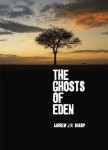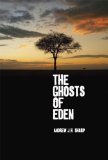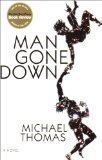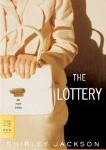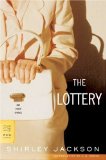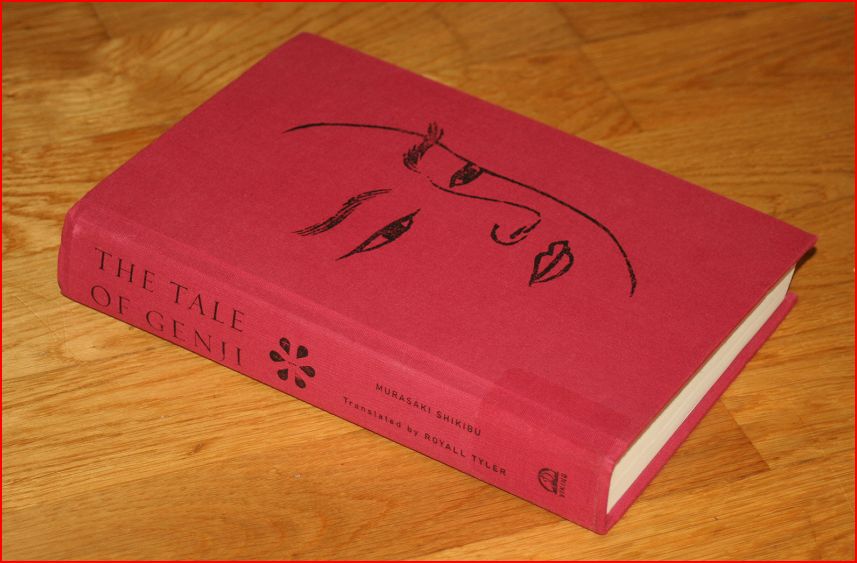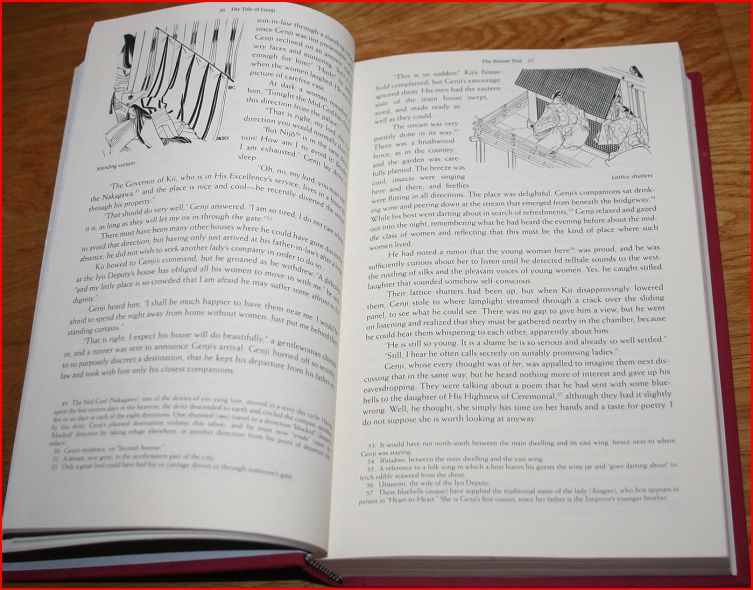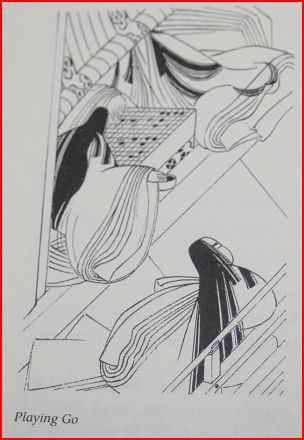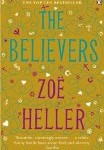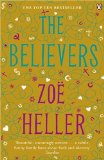The Ghosts of Eden follows the lives of two children growing up in Uganda. Micheal is the child of missionaries and the book begins with him battling against claustrophobia on his first flight back to Uganda since he left to study medicine. He is finally distracted from his fear when the passenger in the seat next to him dies.
Zachye lives in rural Uganda where he helps his brother, Stanley, look after the family’s cattle. Zachye’s father dreams of a better life for his sons and arranges for them to be sent to school. The book touches on how the introduction of technology to the country changes their lives. Their observations of new objects were fascinating and I loved seeing them learn how to use things which we take for granted:
He could not think what was expected of him, so he took the green lump on the plate, put it to his lips and took a bite. It had the texture of the hardened fat of an animal. Dung Beetle snatched it back. ‘Are you so ignorant?’
Stanley started gagging, and spat again and again, although his dry mouth had little to spit. The food was worse than he could ever have imagined. He thought it little wonder that his ancestors had decided to take nothing but milk and blood.
‘Ha! He has eaten the soap,’ shouted a voice in the queue.
The author, Andrew Sharp, is a medical doctor, and this shines through his writing. I love books written by doctors. Ever since I discovered Michael Crichton’s books as a teenager I have noticed that doctors seem to have an incredible gift for writing about human nature. Perhaps it is because they see so much more of it in the course of their work, or because they are more intelligent than the average person, either way the doctor’s magic is present throughout this book. It is packed with insightful observations about society and detailed medical knowledge.
The first half of the book concentrates on the lives of the two very different boys growing up in East Africa and is one of the best pieces of writing about life as a child I have seen. I was captivated by their innocent view of the world and loved their childish banter. The author perfectly captures the minds of the two boys – and to be able to do this convincingly with two completely different cultures is an outstanding achievement.
The Ghosts of Eden also reveals much about the superstitions and spirit world of the African people. Although I have read a few books which have contained this subject before (most notably Ben Okri’s Famished Road) This is the first book in which I have been made to understand their belief system and not just been confused by it.
Unfortunately, the book goes downhill a bit in the middle section. The lives of the boys as adults did not interest me anywhere near as much as that of their childhood. In fact, I didn’t like either of them very much when they meet for the first time and fall in love with the same woman. Luckily the plot held my attention and the ending was good enough to make up for the minor lapse of the middle section.
I highly recommend this to anyone who wants to read about African culture, without battling with symbolism or the endless horrors of war. It is a beautifully written story, and I think it has just become my favourite book with an African setting.
![]()
What is your favourite book set in Africa?
Have you noticed that doctors make great authors?
